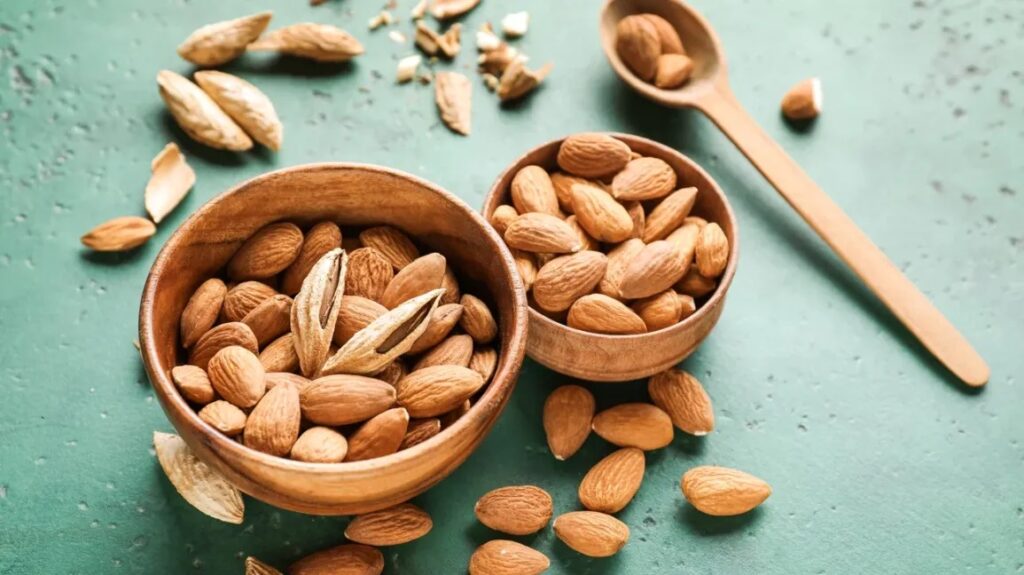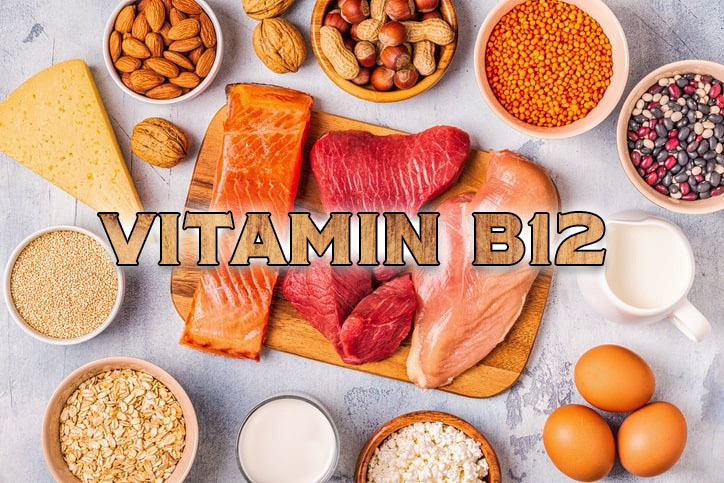The choice to embrace a plant-based lifestyle is gaining momentum globally, with individuals seeking alternatives to traditional omnivorous diets. Two prominent branches of this dietary shift are veganism and vegetarianism. While both lifestyles prioritize plant-derived foods, they differ in their scope and the extent to which they exclude animal products. In this comprehensive exploration, we will take a detailed look into the principles, distinctions, nutritional considerations, environmental impacts and challenges of veganism and vegetarianism so that you can get to know the differences of vegan vs vegetarian if you want to shift your diet towards plant-based foods. Without further ado, let’s finally breakdown this famous debate of vegan vs vegetarian!
Defining Veganism and Vegetarianism
Veganism
Veganism is a lifestyle that abstains from the consumption of all animal products, including meat, dairy, eggs, and honey. Additionally, it extends beyond diet to exclude the use of animal-derived products such as leather, wool, and cosmetics tested on animals. The core tenet of veganism is the avoidance of any exploitation or harm to animals.

Vegetarianism
Vegetarianism, while also centered on a plant-based diet, allows for the inclusion of some animal products. Most vegetarians refrain from consuming meat, poultry, and fish, but many still include dairy products and eggs in their diet. The extent of inclusion or exclusion varies among different types of vegetarian diets.

Nutritional Considerations
Now that you have understood the basic difference of vegan vs vegetarian, let’s take a look at the nutritional dissimilarities and considerations of veganism and vegetarianism.
Protein Intake
Meeting protein needs on a vegan diet requires intentional choices, as traditional animal sources are excluded. Plant-based protein sources include legumes, tofu, tempeh, seitan, and a variety of nuts and seeds.

On the other side, vegetarians, especially those who include dairy and eggs, have more diverse protein sources. Dairy products, eggs, and plant-based protein options contribute to meeting protein requirements.
Calcium and Vitamin D
For vegans, calcium is found in fortified plant-based milk alternatives, tofu, leafy greens, and fortified orange juice. Vitamin D sources may include sunlight exposure, fortified plant-based milk, and supplements.

On the other hand, for vegetarians, dairy products are rich in calcium and vitamin D. Vegetarians who consume dairy have a more straightforward path to meeting these nutrient requirements.
B12 and Iron
Vitamin B12, primarily found in animal products, is a critical consideration for vegans who may need supplements or fortified foods. Iron sources include legumes, whole grains, nuts, and seeds.

On the contrary, while vegetarians may also need attention to B12, those consuming dairy and eggs have more options for obtaining this essential nutrient. Iron can be sourced from plant-based and dairy-rich foods.
Environmental Impact
The environment impact is also an essential part in this debate of vegan vs vegetarian so we can’t ignore it.

Land Use
A vegan diet tends to have a lower environmental footprint in terms of land use, as it eliminates the need for grazing land and reduces the demand for crops to feed livestock. On the other hand, while still generally more sustainable than omnivorous diets, vegetarianism may involve some land use for dairy farming and egg production.

Water Usage
Plant-based diets typically have a lower water footprint compared to diets that include animal agriculture, as raising livestock often requires substantial water resources. But again, the water footprint of a vegetarian diet is generally lower than that of an omnivorous diet yet may be higher than a vegan diet due to the water requirements of dairy farming.

Greenhouse Gas Emissions
By excluding animal agriculture, a vegan diet contributes less to greenhouse gas emissions associated with livestock production, making it a more environmentally friendly choice.
While still resulting in lower emissions compared to an omnivorous diet, the inclusion of dairy and egg production means that a vegetarian diet may have a higher greenhouse gas footprint than a vegan one.
Challenges and Considerations
The last chapter of this debate of vegan vs vegetarian is the differences between the challenges these two types of diet face. Both veganism and vegetarianism face several social, cultural and nutritional challenges but one faces more difficulties than the other. Let’s find it out.

Social and Cultural Aspects
Veganism may present challenges in social settings where plant-based options may be limited. Cultural traditions and family dynamics can also play a role in the feasibility of maintaining a vegan lifestyle.
On the contrary, vegetarianism may offer more flexibility in social situations, as vegetarian options are often more widely available. However, challenges can still arise, especially in cultures where meat is a central component of meals.
Nutritional Adequacy
Ensuring adequate intake of certain nutrients like B12, iron, and omega-3 fatty acids can be a concern as they are mostly available in animal food sources. That’s why, vegans need to be vigilant about planning their diets to avoid potential deficiencies.
While vegetarians may have more dietary options, attention to nutrients like B12 is still necessary. The inclusion of dairy and eggs makes meeting certain nutritional needs more straightforward and easier.
Conclusion
Therefore, the debate and differences of vegan vs vegetarian is clear here. With that being said, in the dynamic landscape of plant-based living, the choice between veganism and vegetarianism is deeply personal, influenced by nutritional considerations, ethical principles, environmental consciousness, and individual circumstances. Both paths represent a conscious effort to reduce reliance on animal products, contributing to a more sustainable and compassionate approach to diet so choose which seems suitable for you. Hopefully, you found this article on “Vegan Vs Vegetarian” helpful enough. If you really did then let us know your valuable thoughts in the comment section below. Thanks for visiting and appreciating our work.
